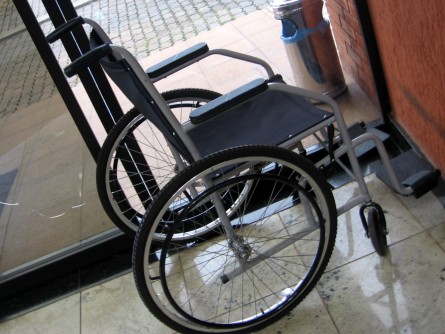Last week, the Wall Street Journal reported that Massachusetts was considering lifting its cap on charter schools. As many as 20 states have these caps in place as a way to placate the teachers unions, which doesn't like charter schools because they are independently operated and don't need to play by union rules.
"This demonstrates that charter schools are a viable reform," said Nina Rees, president of the National Alliance for Public Charter Schools, a nonprofit aimed at advancing the movement. "If it can happen in Massachusetts, it can happen anywhere."
Well, sort of. Despite its liberal reputation, Massachusetts has actually been a pioneer in education reform. Not only did it have some of the first charter schools in the country, Massachusetts was also on the forefront in terms of developing high-stakes test for graduation and ensuring that students actually knew something when they graduated. (I'm only a little biased because my mother served on the state board of education for a decade.) The effects have been clear. Massachusetts students are consistently among the top performers on nationwide tests.
The state even took the unusual step of taking over at least one failing school district -- Lawrence. Which brings us to the most interesting part of the Journal article. Despite the union objections, Massachusetts Democrats are supporting the end of the charter school cap.
[State Senator Barry] Finegold, the bill's sponsor and the son of public-school teachers, said his motivation sprung from conversations with parents in Lawrence, part of his district northwest of Boston, where the struggling school district was taken over by the state in 2011. The state has since brought in charter operators to run two low-performing schools, and parents told him, "we'd be out of here" had that not happened, Mr. Finegold said. "One thing I don't think people realize -- charter schools are keeping a lot of the middle class in cities," he said.
Which makes sense. Everyone knows that the poor quality of urban public schools are one of the major reasons that people move to the suburbs. If you can't afford private school tuition and you can't get your kid into some kind of exam school, like Bronx Science or Stuyvesant, what choice do you have besides leaving? Well, increasingly the answer has been charter schools. Middle class urban parents have been responsible for starting up many of these new institutions. They have had an enormous benefit to the poor and working class kids who live in these neighborhoods. But there is also some amount of self-interest at work on the part of middle class parents.
I suspect that in the long run, the desire of 20- and 30-somethings to stay in cities even once they have kids will continue to drive the growth of and support for charter schools and other education reforms. Kudos to Mr. Finegold for listening to his constituents.






